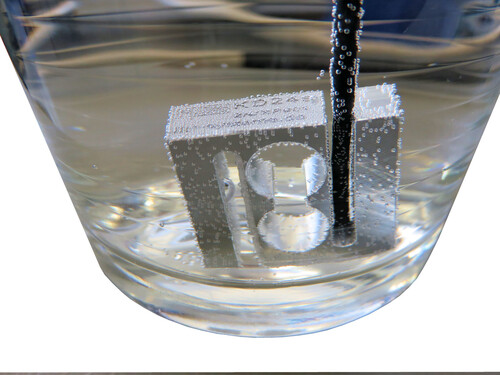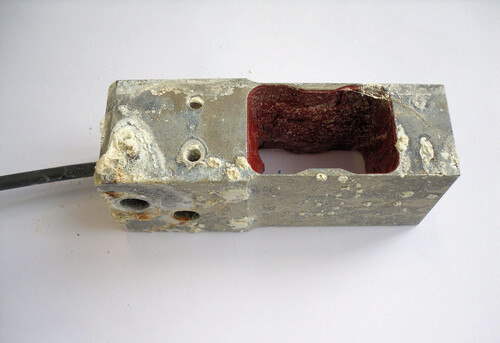Protection class IP68
Sensors with strain gauges are particularly sensitive to moisture and water. The reason for this is that they measure the tiniest changes in resistance. Moisture on the measuring grid or a reduction in the insulation between the connecting cables and the sensor housing will damage the sensor.
Force sensors - and in particular 3D and force-moment sensors - can only be protected with considerable disadvantages, e.g. with the help of O-rings or welded or glued protective covers, because these elements exert a high force effect. Force sensors for small forces are particularly affected by additional protective covers.
However, in individual cases it may be necessary to use a force sensor under water for a short time. The sensor must be selected carefully: A sensor with a large surface and an open design can be protected relatively well against moisture because the distances to the strain gauge or the soldering points are large. This ensures that the function is maintained for as long as possible (KD140). An anodized surface protects against corrosion.
Closed constructions run the risk of moisture penetrating and the casting compound being in long-term contact with water.


